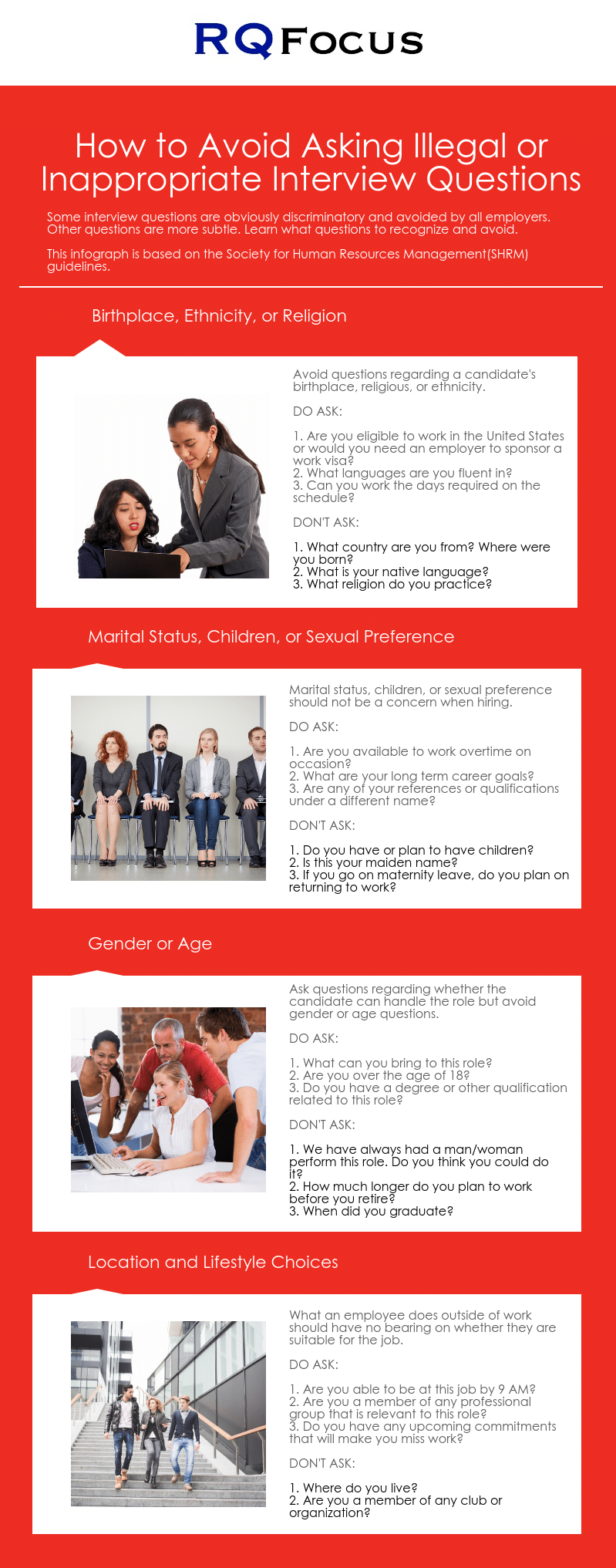How-To Recover After a Mistake in a Job Interview

You’ve done everything you can do to prepare for that important job interview. You’ve researched the company thoroughly. You’ve looked at the interviewer’s LinkedIn profile. You enlisted the help of a close friend or colleague to practice. You’ve chosen examples of previous successes to highlight why you’re the right candidate for the job.
Now, you’re in the middle of the interview and you’ve answered a question poorly. Maybe you noticed yourself acting anxiously. It happens to everyone at some point. They make a mistake. It happens. You’re only human.
When most people make a mistake during an interview, they panic and dig themselves deeper. The truth is, seasoned interviewers know that people make mistakes. The key is in how you recover. Below are the best ways to help you recover after a blunder.
Acknowledge and Own Up
The worst thing you can do is act like nothing happened. You know you goofed up and so does the interviewer. Instead of trying to sweep it under the rug, stop and acknowledge your mistake. Your best bet is to apologize and openly discuss what went wrong. This shows the interviewer that you have the capacity to admit when you’re wrong and learn from it, and that you respect others.
Be Yourself
It’s easy to think of interviews as a performance. You have to say the right thing, act the right way and be the person the interviewer expects you to be. In reality, the best strategy is to be your authentic self. If a mistake happens, own up to it with a little honest humor. It can be as simple as saying, “I guess I must be a little more nervous than I thought, I would like to correct what I just said” and then go on to give you answer you intended. Doing so demonstrates your ability to be mindful of your actions and demonstrates high emotional intelligence.
Turn that Frown Upside Down
It’s only natural to be discouraged after you make a gaffe. In your mind, you might think you’ve blown any chance you had. Your stomach is probably in knots. You can’t let the despair you’re feeling show, though. Instead, you have to keep smiling. If you’re able to do this after acknowledging a mistake, is shows the interviewer that you can handle adversity.
That’s one of the most admirable traits hiring managers look for in a candidate. Even if you’re the most qualified person for the position, it’s important to demonstrate your ability to handle unseen problems when they arise. Think of it this way; making a mistake might actually work in your favor if you’re able to handle it with dignity and class.
Ask to Go Back
Interview questions are tough. You’re bound to answer some better than others. If, at some point during the interview, you feel as though you haven’t provided the answer you want, ask the interviewer to go back. Take time to collect yourself and give the thoughtful answer you meant to in the first place. A good interviewer will appreciate your attention to detail and how important it is to you to communicate effectively.
References are Your Asset
Your references are worth their weight in gold. They want to see you succeed. If you feel like you’ve shown less than your best in a job interview, let your references know. Make sure they’re armed and ready to highlight your strengths and accomplishments when they receive that post-interview phone call.
Follow Up Diligently
When you walk out of an interview, there’s still work to be done. Even if you don’t think you’ve nailed it, make sure you send a genuine follow-up note. This is your last opportunity to express your excitement about the position and reiterate the most notable points of the conversation. And if you’re working with a recruiter, follow up with them as quickly as possible as well and they too can help you relay your enthusiasm, and help you correct any errors you may have made during the interview. Do this effectively and you’re sure to leave a lasting impression.
Learn and Move On
If you interview for enough jobs, you’re going to have some experiences that are better than others. After those interviews that aren’t as memorable, it’s easy to beat yourself up. Unfortunately, that doesn’t do any good. Instead, chalk mistakes up to learning experiences. Acknowledge what went well, what didn’t, and put in the work to perform better next time.
Interviewing for a new job is stressful. No matter how well-prepared you are, mistakes are going to happen. That doesn’t mean that all hope is lost, however. In fact, they can even be to your benefit in some cases. What matters is how you handle your mistakes. If you show some humility and employ the strategies above, mistakes will become something you can move past with grace and ease.
Again, working with a good recruiter can help you prepare for the interview, and can also help in the follow up to restate your interest and also clarify any answers you feel didn’t come across as you intended.









